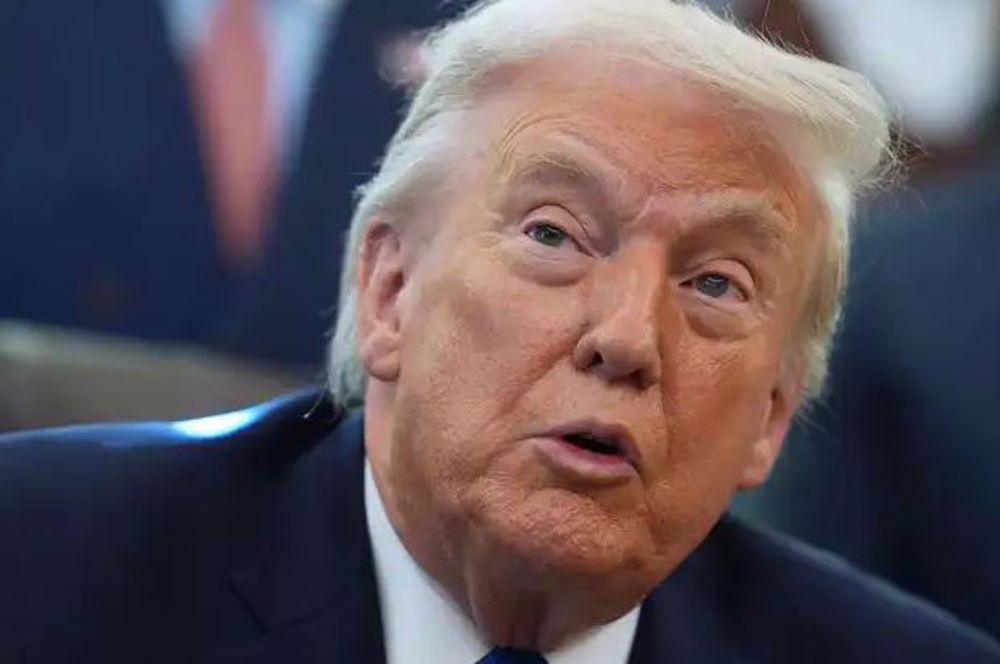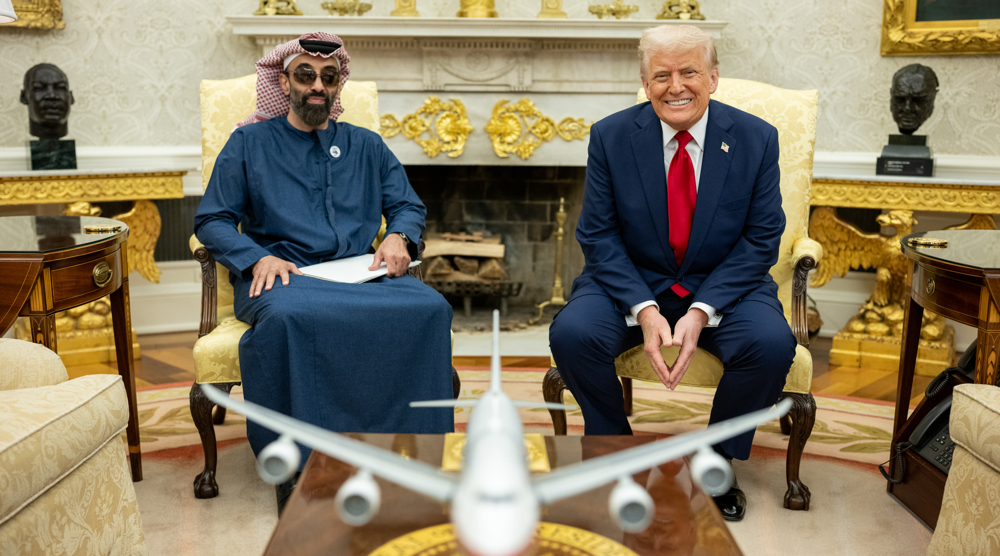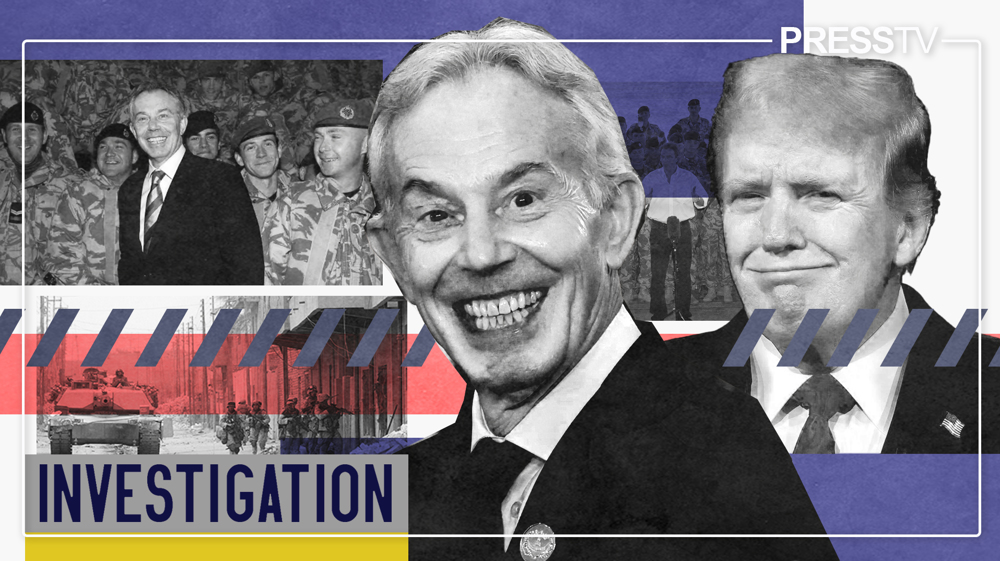Russia, US make ‘no progress’ in nuclear treaty talks
The United States and Russia have failed to make any progress in negotiations on a landmark Cold War-era arms control treaty, with Washington expected to go ahead with a unilateral withdrawal from the key pact this weekend, a senior Russian diplomat says.
Russia’s Deputy Foreign Minister Sergei Ryabkov was quoted as saying by the RIA news agency on Thursday that Washington and Moscow had made “no progress” in crunch talks on resolving their differences over the Intermediate-range Nuclear Forces Treaty (INF).
“Unfortunately, there is no progress,” Ryabkov said. “As far as we understand, the next step is coming, the next phase begins, namely the phase of the United States stopping its obligations under the INF, which will evidently happen this coming weekend.”
The Russian diplomat made the comments after he met US Undersecretary of State for Arms Control and International Security Andrea Thompson to discuss the fate of the INF in the Chinese capital, Beijing.
Ryabkov had earlier stated that it depended on Washington whether the two sides would be able to establish constructive dialog on the issue.
Washington plans to withdraw from the treaty on February 2.
US’s setting of deadline ‘a game’
In a separate report, Russia’s TASS news agency cited Ryabkov as saying also on Thursday that Moscow would continue working toward a settlement on the disputed INF treaty despite a 60-day deadline set by Washington coming to an end.
He denounced the setting of that deadline as a “game” aimed at distracting attention away from America’s unilateral decision to quit the agreement.
“The United States imposed a 60-day period during which we had to fulfill their ultimatum. I conclude that the United States was not expecting any decision and all this was a game made to cover their domestic decision to withdraw from the INF Treaty,” Ryabkov said.
Washington said last month it would withdraw from the INF within 60 days if Russia did not dismantle missiles that the US claims breach the deal. Russia rejects that allegation, and earlier offered US investigators access to examine the missiles for themselves.
The INF bans all land-based missiles with ranges of 310 to 3,420 miles and included missiles carrying both nuclear and conventional warheads.
Tensions have boiled over the fate of the INF, with Russian President Vladimir Putin threatening a new arms race if the agreement collapses.
In December last year, President Putin said his country could easily develop and deploy land-based intermediate-range missiles if the US carried out its threat to withdraw from the landmark treaty.
VIDEO | Yemen scholars rally behind Iran, call for Islamic mobilization
One person killed in Israeli strike on southern Lebanon
'ICE out': Protests against immigration crackdown spreads across US
Yemen warns war on Iran would transcend borders
VIDEO | Anti-US protest held in Istanbul amid US-Iran tensions
Iranian missiles pose ‘serious threat’ to US interests, Persian Gulf allies warn Washington
US must seize chance for ‘fair’ deal, war would be ‘disaster’ for all: Iran FM
Israel bans MSF from Gaza after medical charity refuses to hand over staff list











 This makes it easy to access the Press TV website
This makes it easy to access the Press TV website